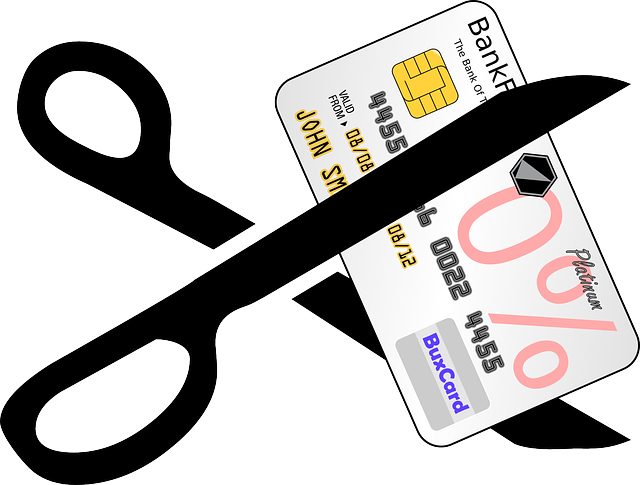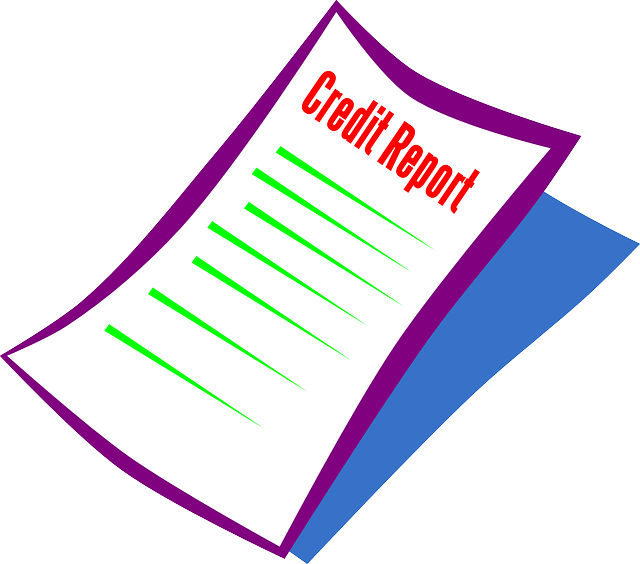In times of financial crisis, individuals have various options like loan consolidation, debt settlement programs, and emergency debt assistance. Loan consolidation offers lower rates and simplified repayment by merging multiple high-interest debts. Debt settlement programs negotiate reduced payables but carry risks to credit scores. Emergency debt assistance provides short-term funding for critical expenses. Understanding terms, long-term effects, and eligibility of these financial crisis solutions is crucial for making informed decisions tailored to personalized debt reduction plans.
“Discover the power of low-interest loan options to take control of your finances. This comprehensive guide explores various strategies for managing and reducing debt, from traditional loan consolidation to innovative financial crisis solutions. Learn how emergency debt assistance programs and settlement options can provide much-needed relief.
Whether you’re seeking to consolidate loans or need help during a financial downturn, this article offers valuable insights into navigating the complex world of debt reduction plans, ensuring a brighter financial future.”
- Understanding Low-Interest Loan Options: A Comprehensive Guide
- Exploring Debt Reduction Strategies: Loan Consolidation and Beyond
- Navigating Financial Crises: Emergency Debt Assistance and Settlement Programs
Understanding Low-Interest Loan Options: A Comprehensive Guide

Low-interest loan options serve as a beacon of hope during financial crises, offering viable solutions for managing and reducing debt. These options include loan consolidation, where multiple high-interest debts are combined into one low-rate loan, simplifying repayment and saving on interest. For individuals facing an onslaught of debts, this can be a strategic move to gain control and alleviate the burden.
Financial crisis solutions aren’t limited to consolidation; there are debt settlement programs that negotiate with creditors for a reduced amount payable, though these may carry risks. Emergency debt assistance programs target immediate relief, providing short-term funding to cover critical expenses and prevent default. When exploring these options, it’s crucial to understand the terms, potential long-term effects, and eligibility criteria to make informed decisions tailored to your specific Debt Reduction Plans.
Exploring Debt Reduction Strategies: Loan Consolidation and Beyond

Many people find themselves in a financial crisis due to unforeseen circumstances or poor money management. In such situations, exploring various debt reduction strategies is crucial for regaining control over finances. One effective option is loan consolidation, which involves combining multiple loans into one with a lower interest rate and more manageable terms. This simplifies repayment by reducing the number of payments needed each month and can free up extra cash flow to apply towards other debts or savings goals.
While loan consolidation options are popular, there are other debt reduction plans like debt settlement programs that offer more aggressive solutions. These programs aim to negotiate with creditors for a lump-sum payment to settle the debt entirely, often at a discounted rate. However, it’s essential to approach these with caution as they can carry risks, including potential negative impacts on credit scores. For immediate emergency debt assistance, exploring government aid or non-profit organizations specializing in financial crises can provide much-needed support during challenging times.
Navigating Financial Crises: Emergency Debt Assistance and Settlement Programs

Navigating a financial crisis can be daunting, but there are solutions available to help individuals manage their debts effectively. One of the primary concerns during such times is finding relief from overwhelming loan obligations. Emergency debt assistance and debt settlement programs offer crucial support in these situations. These initiatives aim to provide borrowers with Loan Consolidation Options, allowing them to regroup and regain financial stability.
Debt reduction plans facilitated by these programs help individuals negotiate with lenders, leading to lower interest rates or even the forgiveness of a portion of their debt. Emergency Debt Assistance is designed to offer immediate support, ensuring that borrowers don’t fall further into financial distress. By enrolling in such programs, one can explore Debt Settlement Options, which may include lump-sum payments or structured repayment plans, offering a much-needed respite from the pressure of loan repayments.







